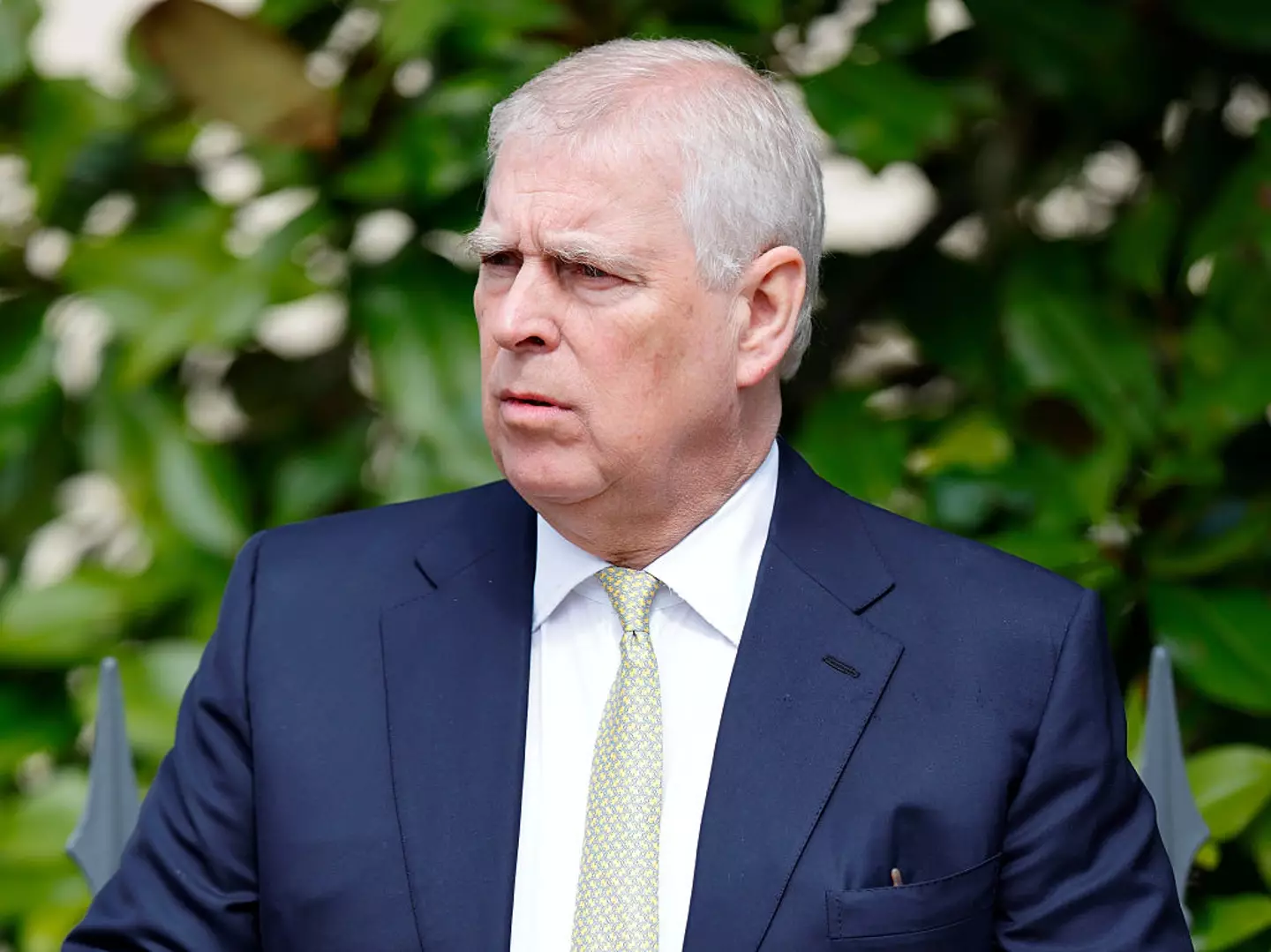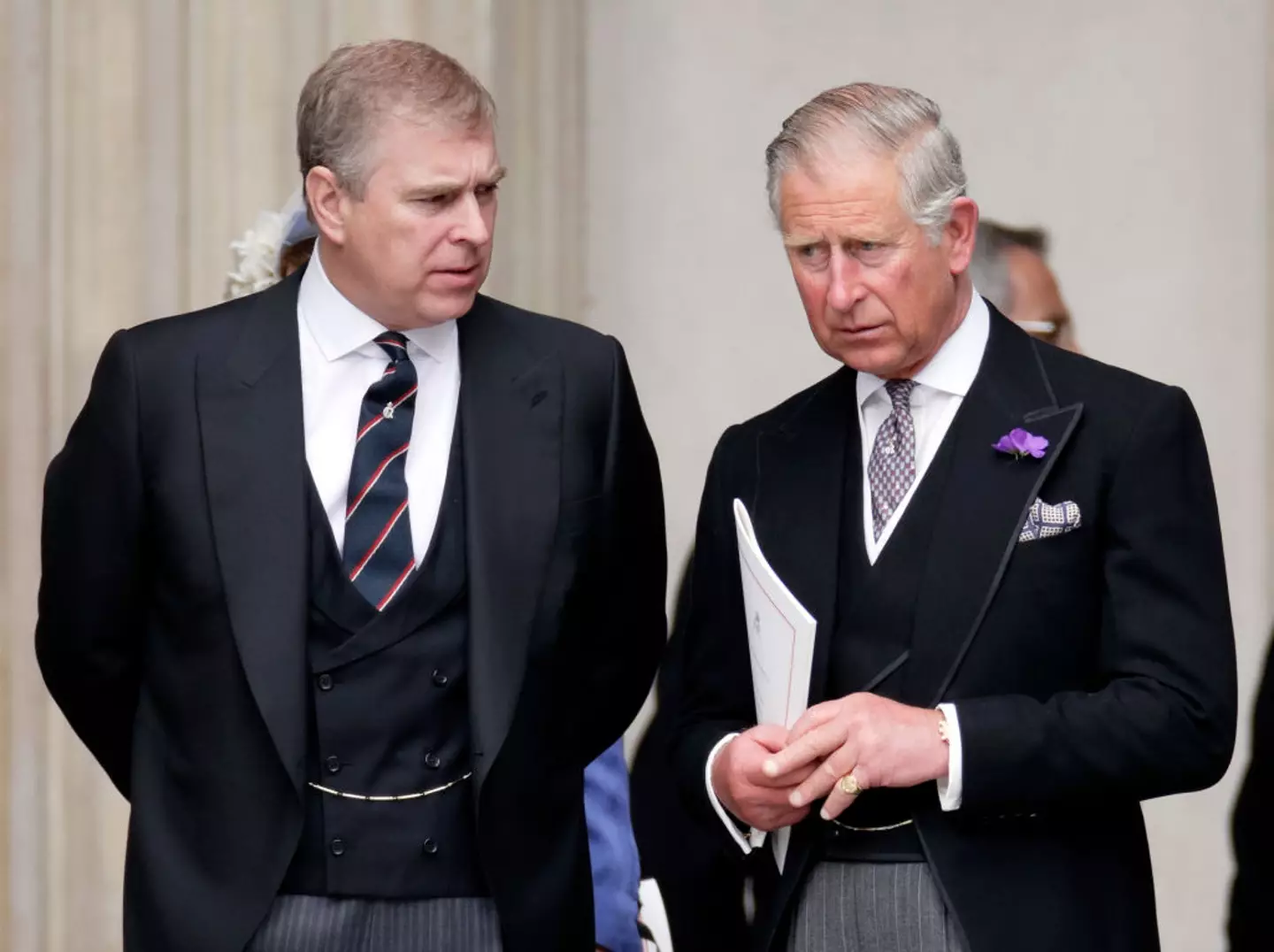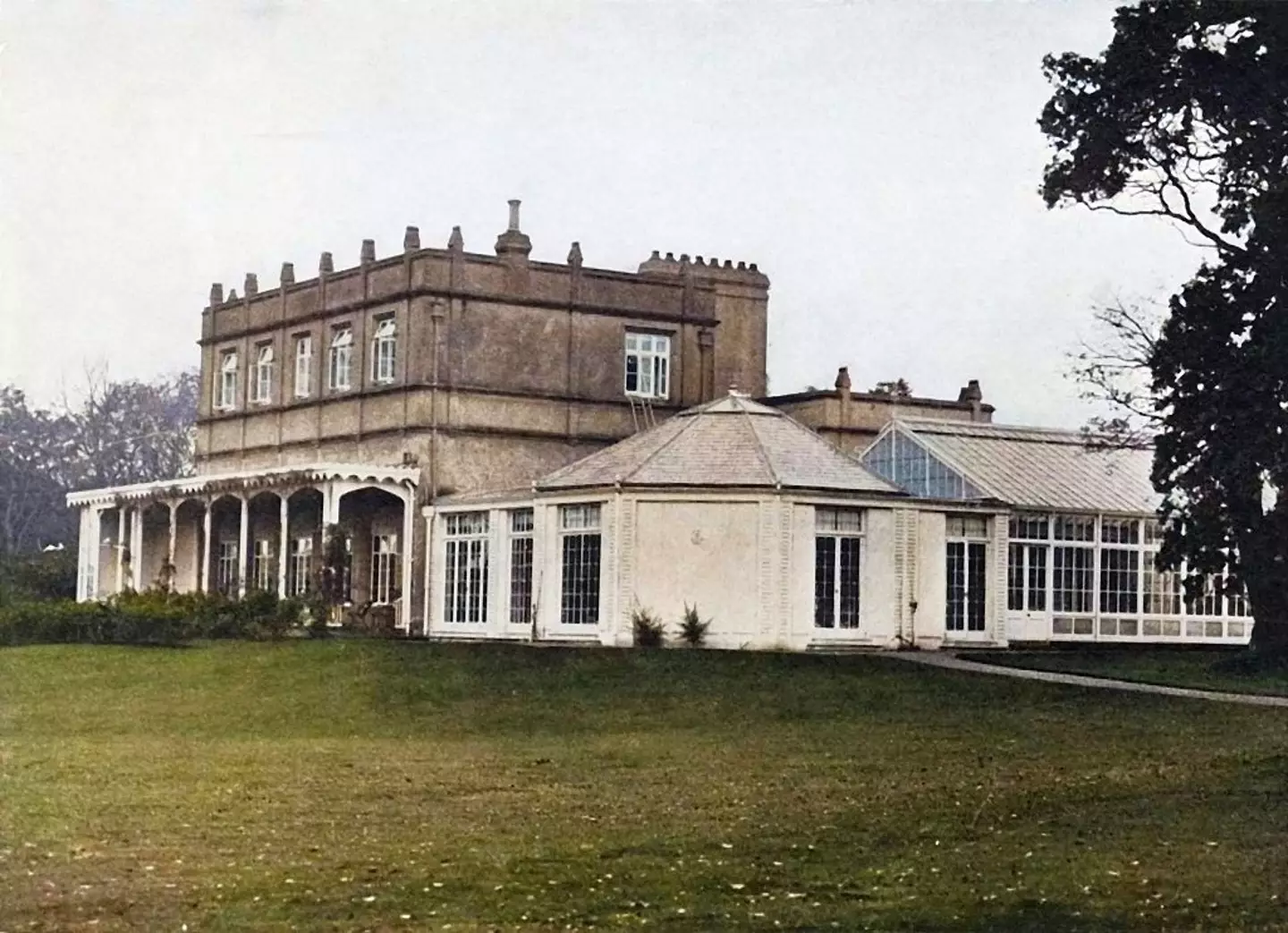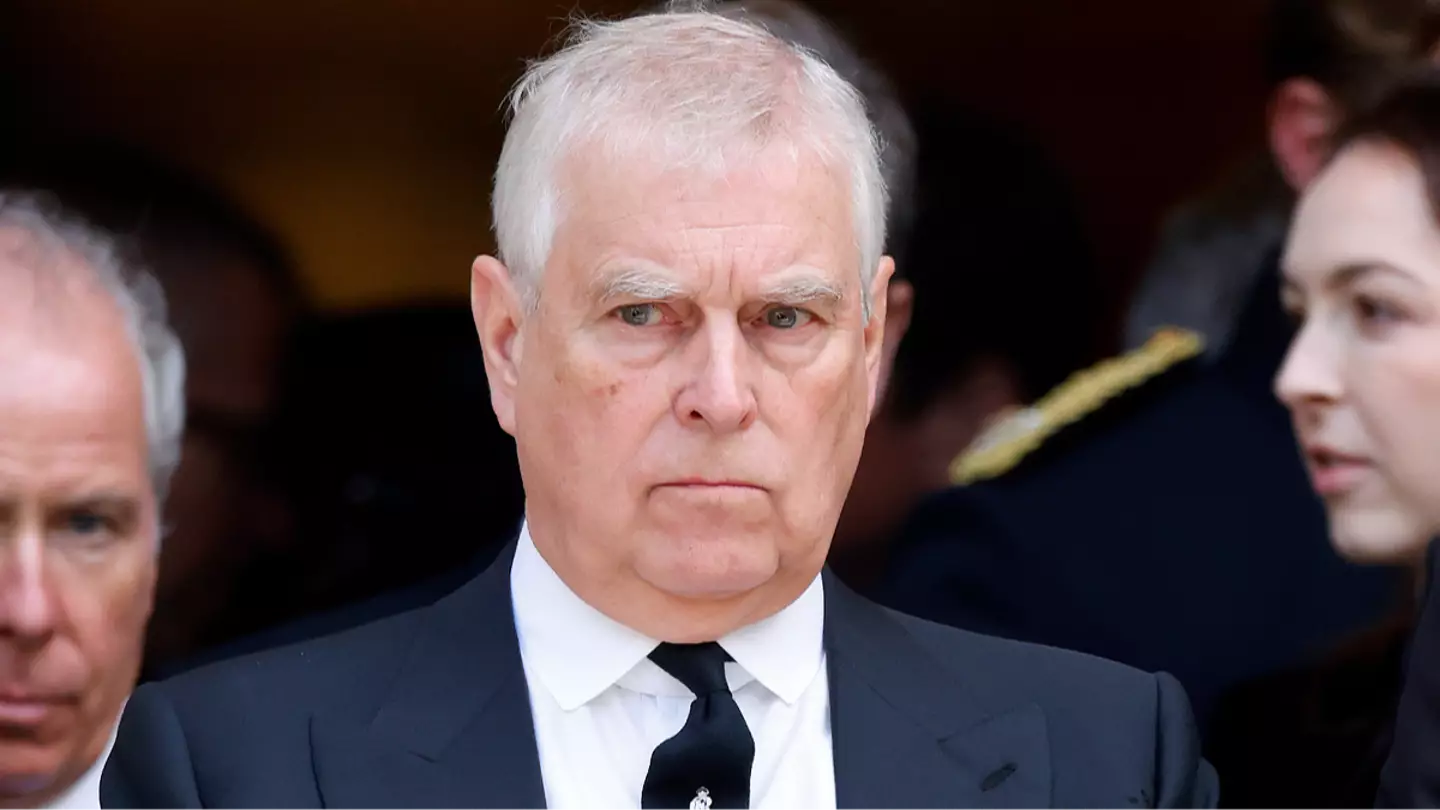This week, an unexpected decision came from the Royal Family as they removed Andrew from his royal titles, including his birthright as ‘Prince’.
Additionally, Andrew has been asked to vacate Royal Lodge, a move that many thought was improbable.
The youngest son of the late Queen Elizabeth II will now go by the name Andrew Mountbatten Windsor, following King Charles’ directive to leave his residence ‘as soon as is practicable.’
This decision by the King follows the release of newly disclosed emails between Andrew and Jeffrey Epstein, who died by suicide in 2019 while awaiting trial.
In a report from Sky News, Andrew was found to have sent an email to the convicted sex offender Epstein in April 2010, just months after Epstein’s release from prison for the exploitation of minors.
In this email exchange, Andrew responded to Epstein’s suggestion to meet American banker James ‘Jes’ Staley in London later that month.
“I would love to, but sadly heading to the stan’s [Central Asia] via Kiev next Fri/Sat, so will miss him,” Andrew wrote. “But I will make sure I meet him soon on another trip.”
“Also, I have no immediate plans to drop by New York, but I think I should at some stage soon. I’ll look and see if I can make a couple of days before the summer,” he added.
Eight months later, the two were seen together in Central Park, with Andrew claiming in 2019 that the meeting was to end their friendship. He has consistently denied all allegations against him.
Now, let’s delve into Andrew’s new identity and his future.

Andrew is no longer entitled to use the titles of Prince or Duke of York, and will now be referred to as Andrew Mountbatten Windsor.
He has also relinquished his position as Knight Grand Cross of the Royal Victorian Order and Royal Knight Companion of the Most Noble Order of the Garter.
Other titles he held, such as the Earl of Inverness and Baron Killyleagh, were granted during his wedding.
Since 2022, Andrew has ceased using the HRH title, and all of his military titles and patronages were returned to Queen Elizabeth II.
This action followed accusations from Epstein’s accuser, Virginia Giuffre, who alleged she was compensated $15,000 to engage in sexual activity with Andrew when she was 17—an accusation Andrew has vehemently denied. The two reached a settlement of approximately $15 million in 2022.
Andrew’s new identity will simply be Andrew Mountbatten-Windsor.

The surname Mountbatten-Windsor was created in 1960, combining the family names of Queen Elizabeth II and Prince Philip.
During World War I, King George V adopted the name Windsor, replacing the Germanic House of Saxe-Coburg-Gotha.
The name Mountbatten comes from Prince Philip’s mother, Princess Alice of Battenberg.
The merging of these names was a result of Prince Philip’s concerns that his children wouldn’t carry his surname.

It is anticipated that Andrew will relocate to the Sandringham Estate in Norfolk, although his specific future residence remains uncertain.
The estate, spanning 20,000 acres, contains about 150 properties.
Andrew’s new accommodations are expected to be personally financed by King Charles, who is set to provide ‘appropriate private provision’ for him.
Consequently, the costs associated with Andrew’s life on the royal estate will not burden taxpayers.

